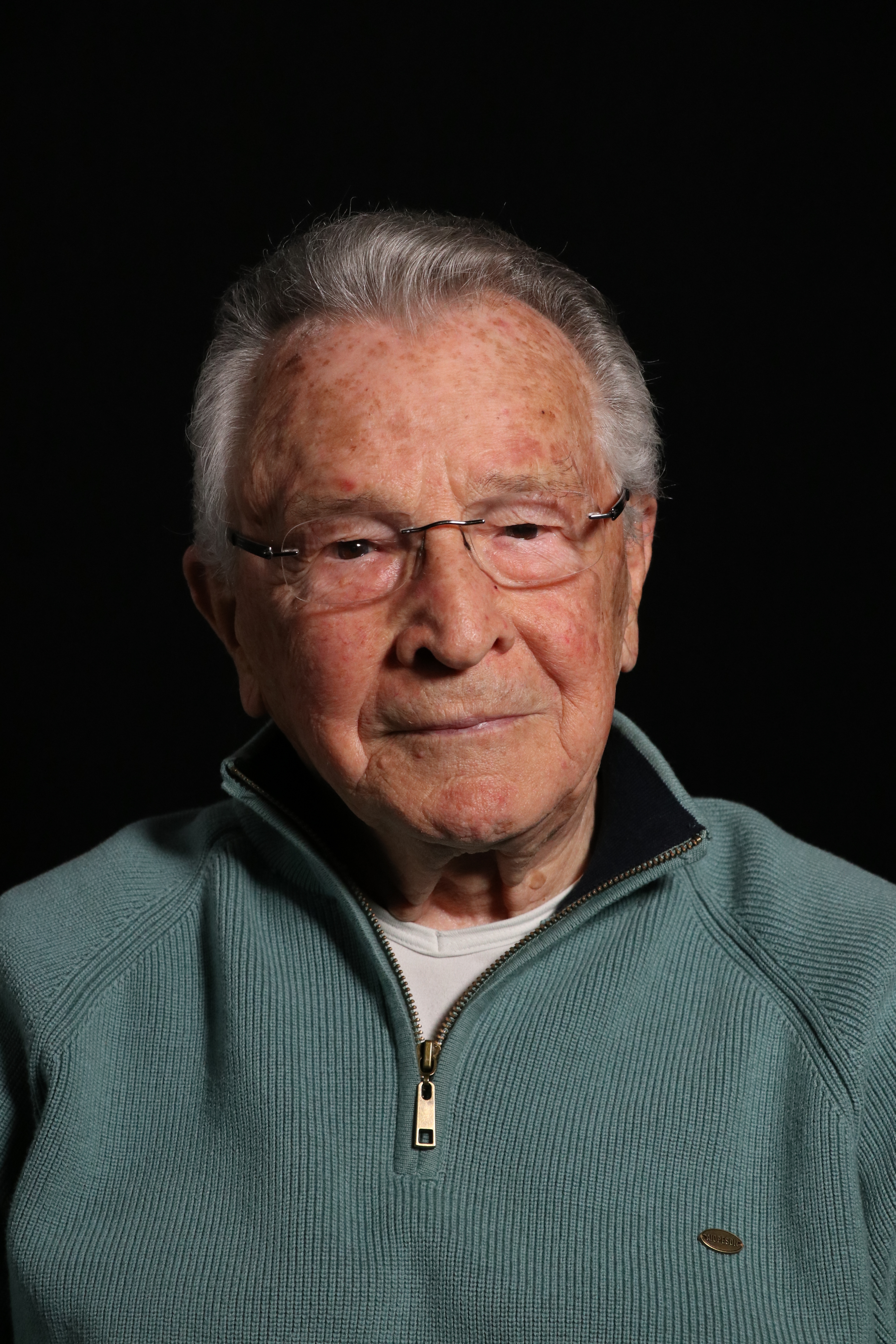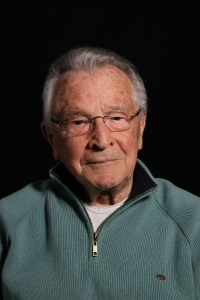They ordered us to return the memorial gift from Rafael Kubelík. That was the last straw

Stáhnout obrázek
The violinist Ivo Krejčí was born on 23 February 1929 in a family of teachers in the village of Přistoupim. In 1939-1945 he studied at the grammar school in Český Brod, and at the end of the Second World War he witnessed the massacre of local men in Přistoupim. In 1945, he began studying violin at the conservatory under Professor Josef Ladislav Micka, and in 1952-1956 he continued his studies at the Academy of Performing Arts. Already during his studies he became a member of the orchestra of the Karlín Musical Theatre, from 1958 he was a member of the Czech Chamber Orchestra under the conductor Josef Vlach and the Czech Philharmonic Orchestra. With the Czech Philharmonic Orchestra in 1958-1968, under the direction of chief conductor Karel Ančerl, he participated in a number of foreign tours, for which he was interrogated by State Security at least once. After 1968, he considered going abroad, but finally decided to leave the republic at the end of 1969, and in February 1970 became a member of the Royal Opera Orchestra in Copenhagen. He lasted only a year in Denmark, after which he moved with his family to Basel, where he became a permanent musician and music teacher. He still lives in Switzerland today (2024) and visits the Czech Republic.
